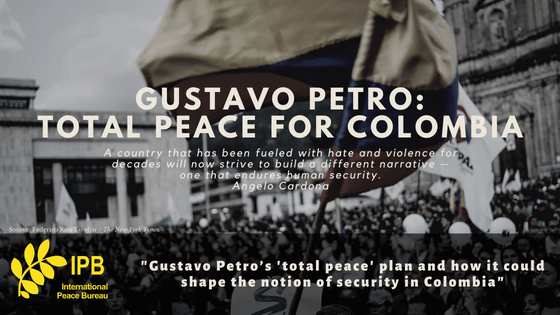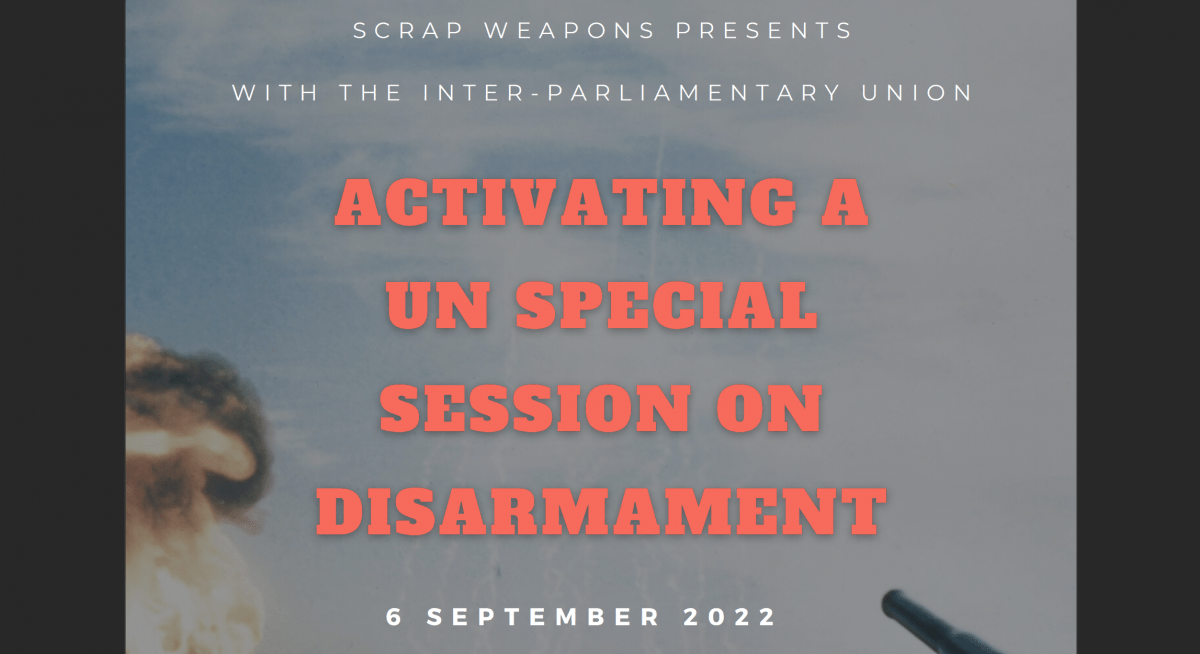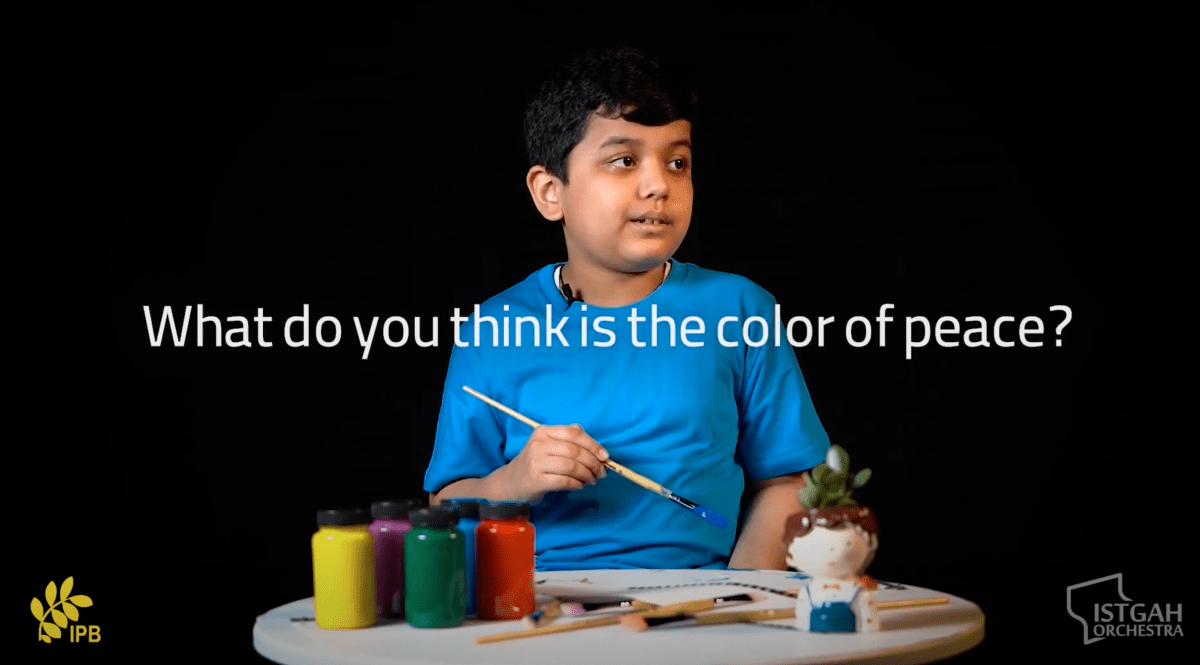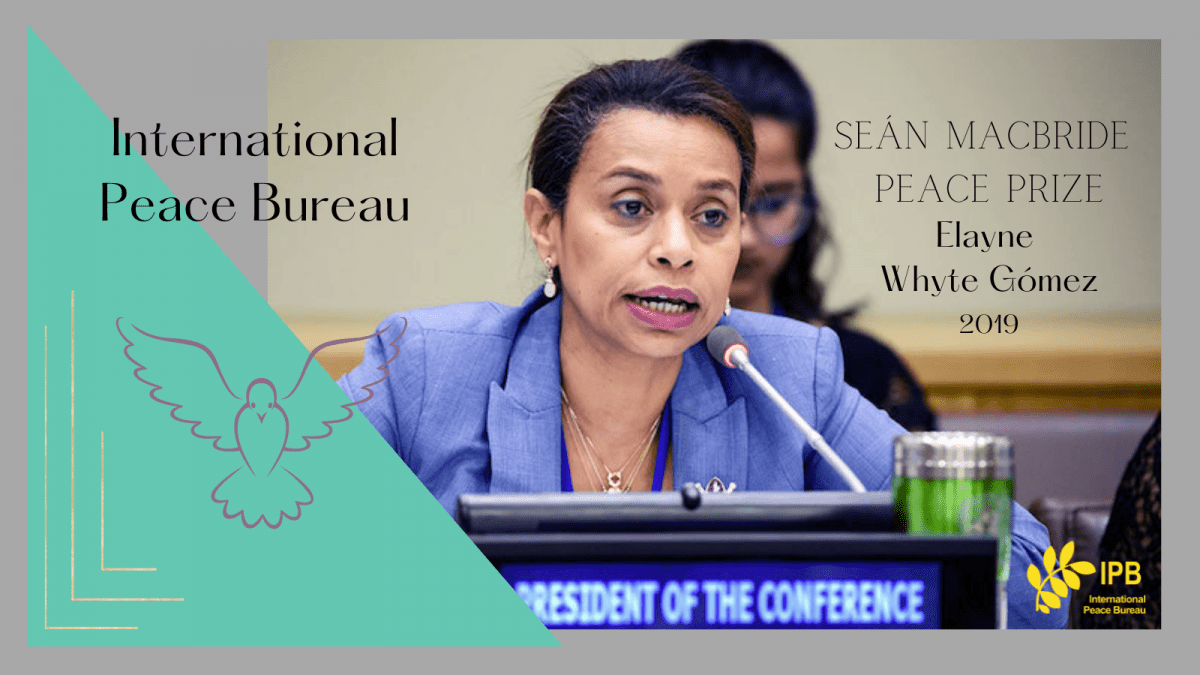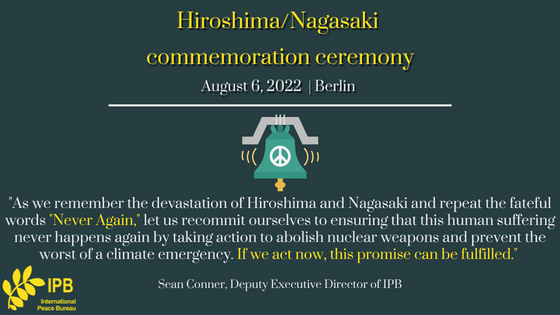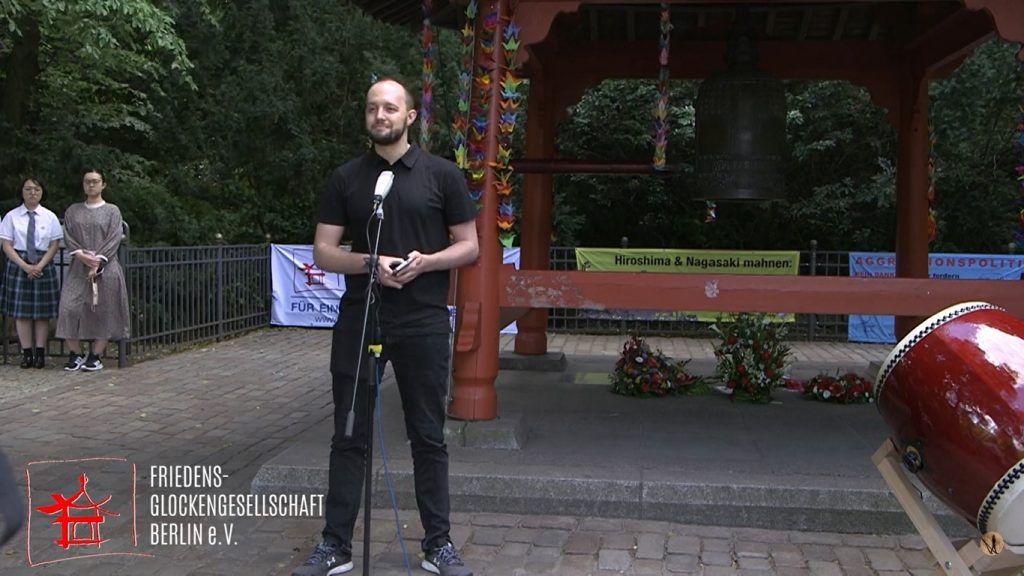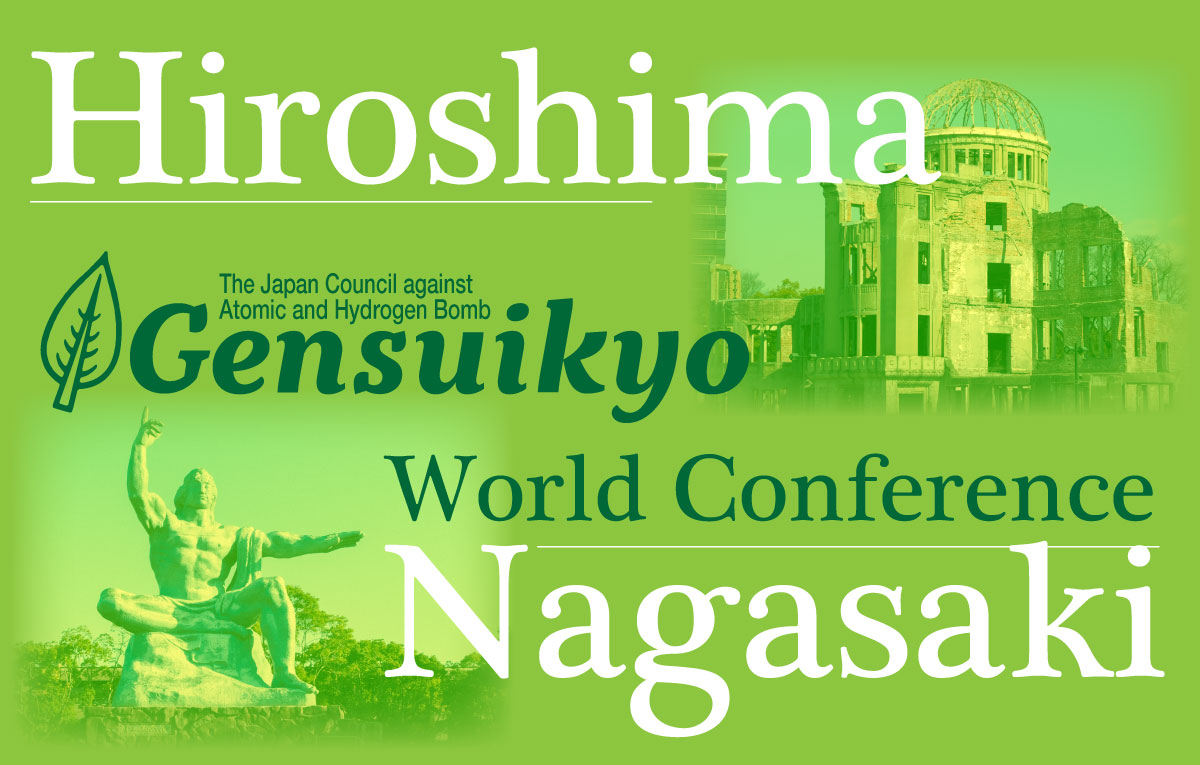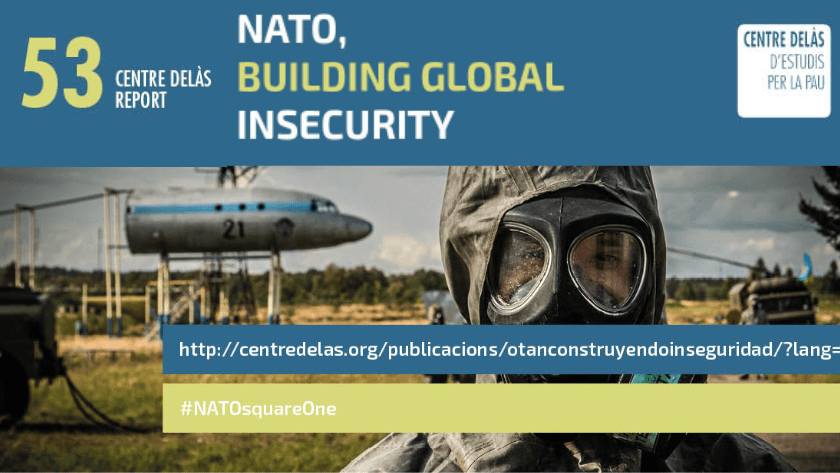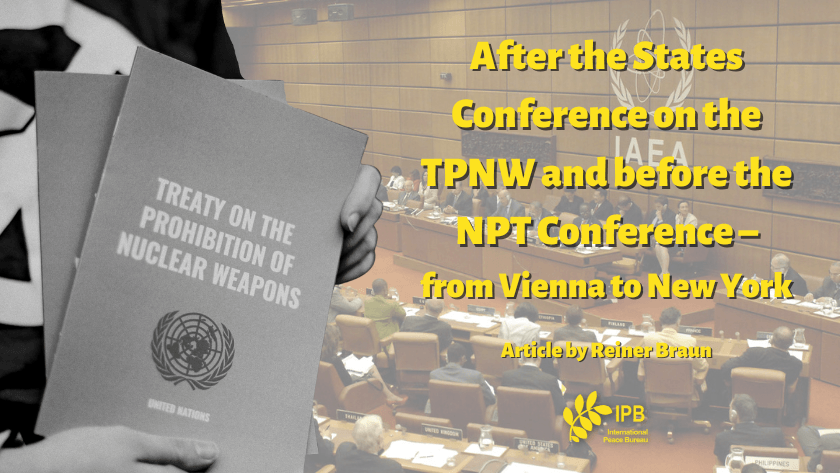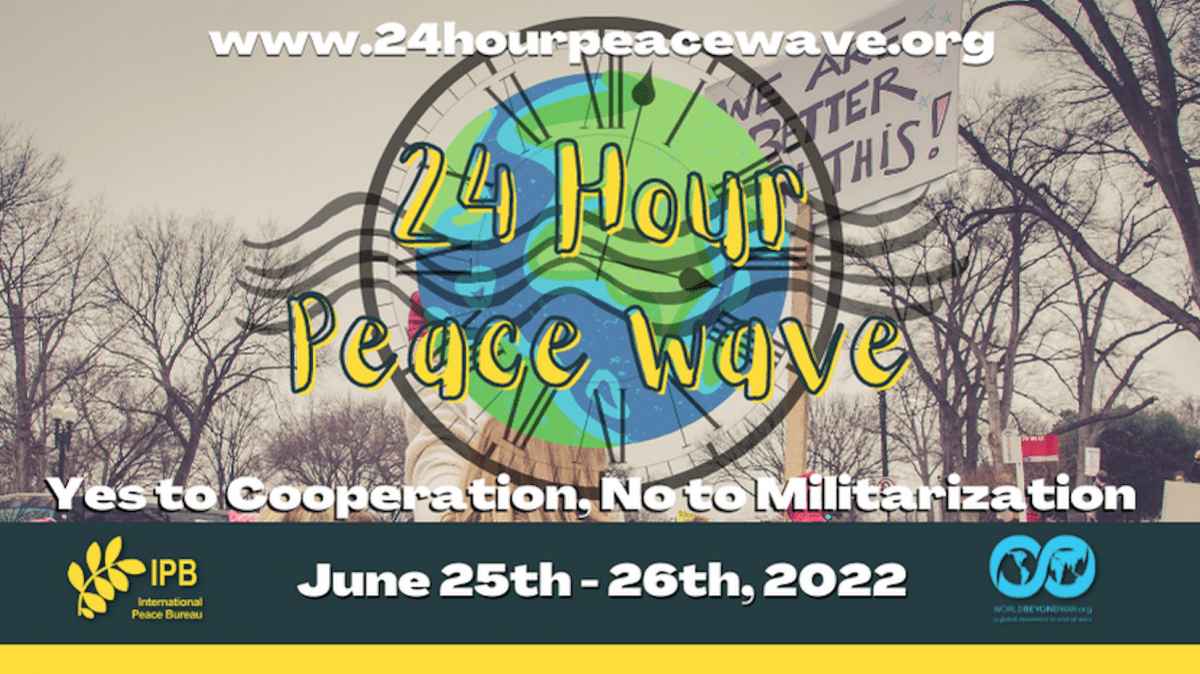– Article by Angelo Cardona
In his inaugural speech, Petro said, “peace is the meaning of my life, and it is the hope of Colombia” his words resonated in the ears and hearts of an entire nation striving to overcome the grief of war.
The killing of social leaders, exacerbation of inequality due to the Covid-19 pandemic, and increasing distrust in governmental institutions led the Colombian people to set their faith in former guerrilla fighter Gustavo Petro as the first leftist President of Colombia. Now, he joined a group of rising progressive leaders in Latin America.
Petro’s government will face an enormous challenge in rebuilding trust in the state institutions, which will require a paradigm change in how the Colombian people understand security.
To this end, he seeks to achieve “total peace” in Colombia to prepare the ground to overcome the country’s six decades of armed conflict. The ambitious plan involves the significant advancement in the implementation of the peace agreementwith the former Revolutionary Armed Forces of Colombia (FARC), resuming peace talks with the National Liberation Army (ELN), establishing dialogues with Colombia’s drug-trafficking militia “Clan del Golfo,” criminal groups, and the FARC dissidents.
The peace plan comes with substantial challenges that will require the cooperation of a broad range of actors that historically have opposed previous peace agreements, particularly conservative movements. In the face of this, the government is committed to building a “national accord” to find consensus. Despite Petro’s ambitious agenda’s challenges, he is stubbornly committed to it.
This ambitious peace plan will require a shift in the notion of security that has permeated the country for decades of confrontation. Petro aims to hear those who have not been heard before so that no insurgent group would have to retake weapons to have a say in a country that has suffered the scourge of war for so long due to political, social, and economic exclusion.
As a former member of Colombia’s extinct M-19 guerrilla group, Petro was in prison in 1985 for illegally possessing weapons. However, his ideology changed when he was released, and he realized that a military revolution wouldn’t lead to a meaningful structural change. After Petro was freed, the M-19 signed a peace treaty with the government in 1990. His experience in the militia, time in prison, and a subsequent peace agreement with the M-19 shaped his current notion of security.
Before he was sworn into office, he prepared the ground for his “total peace” policy. Petro’s first step was appointing peace facilitator Alvaro Leyva as Minister of Foreign Affairs. Next, Leyva diligently engaged in conversations with Venezuelan Foreign Minister Carlos Faria to reestablish diplomatic ties with Venezuela. After that, a delegation of Colombian government representatives — composed of Chancellor Leyva, Senator Ivan Cepeda, and Colombia’s Commissioner for peace, Danilo Rueda — flew to Havana to meet with National Liberation Army (ELN) representatives to restore peace talks with the rebel group.
Petro also named Ivan Velasquez as Defense Minister. Lawyer and jurist Velasquez has played a prominent role against corruption in Colombia and Guatemala. He won notability for his investigations as a prosecutor against Pablo Escobar and uncovered the ties between politicians and paramilitary groups in the 90s. In 2007, he went to work for the Supreme Court of Justice and obtained the imprisonment of more than 50 members of congress for their ties with paramilitary groups.
In 2013, Velasquez was appointed Commissioner of the United Nations International Commission Against Impunity in Guatemala (CICIG). His investigations as head of the CICIG led to the resignation and imprisonment of the then-president of Guatemala, Otto Perez Molina, for corruption charges.
Colombia’s security forces have a long history of corruption scandals and human rights abuses. The appointment of Velasquez aimed to rebuild the trust the Colombian people lost in the military establishment, and Petro sent a solid message with the designation — Colombia’s army wouldn’t engage in corruption and human rights abuses during his term.
Petro’s approach to the military and security will be based on the notion of human security — which seeks to increase freedom from fear and human dignity — instead of getting body counts; success will be measured in reducing deaths and massacres. Petro pledged during his presidential campaign that soldiers and members of the police accused of human rights abuses would stand trial in regular courts rather than military ones.
He has already replaced his military and police commanders. The criteria for selecting them were based on “zero corruption, and zero violation of fundamental rights,” and their priorities will be “the reduction of violence, criminality, and the substantial increase in respect for human rights and civil liberties.” Petro said during a press conference.
He has also promised to eliminate the riot police, remove compulsory military service, and invest in education for peace and reconciliation across many institutions. However, these significant reforms will require systemic changes that undoubtedly will be challenged by the opposition — represented predominantly by the right-wing Democratic Center Party of Colombia — whose political leaders have questioned Petro’s approach to national security.
Numerous challenges plague Petro’s “total peace” agenda. Implementing such an ambitious plan will require a lot of practical actions and the commitment not only of his government but also one of his successors, as he’s promised not to seek reelection after his four-year-mandate.
However, his plan has begun to bear some fruit. Colombia’s drug-trafficking militia “Clan del Golfo” already announced a unilateral ceasefire in hopes of engaging in peace negotiations with Petro’s government, which could lead other criminal groups to follow.
During Petro’s tenure, Colombia will see a different approach to national security. Respect for human rights and dignity will be the measuring criterion, and dialogue could be the primary weapon to deal with guerilla groups. A country that has been fueled with hate and violence for decades will now strive to build a different narrative — one that endures human security.

